For the first few days I felt a bit overwhelmed, but I sort of wrapped the Bay of Bengal and the streets of Pondicherry around my shoulders and said, "Okay, you're going to be my home for awhile. Take care of me." Last night, between 9 & 10 pm, I went to the Ashram with Linda. Sri Aurobindo and Mirra Richards, known as "the Mother", are buried there and everybody goes around their graves - covered with gorgeous flowers and underneath enormous twisting tree branches - and everyone is silent. Everyone is meditating or praying or thinking, and the positive energy is amazing. I went once during the day and once during the night and I prefer the daytime - there are more people and therefore more positive energy. The nighttime felt almost mournful to me.
Vinod, one of my neighbors, had taken me to the Ashram the first time and to the dispensary where I picked up pills to prevent malaria (for about a penny). We then went to a Ganesh Temple where an elephant named Lakshmi took my offering of a few rupees into his trunk and then tapped me on the top of the head as a thank you blessing. That was really cool. He was totally chilled and peaceful. We walked around inside the temple and a priest put some ash in my outstretched hands. The ash is from some herbs or whatever burned as an offering, and you dip your finger in the ash and place a dot on your forehead between the eyes - your third eye. It was a holiday for Ganesh and the temple was crowded. Vinod and I went for coffee and back to his place where he, his maid, her son and I participated in our own little ceremony with Vinod's beautiful Ganesh statue. While we were gone the maid had undressed it from the fabric wrapped around it and washed it. During our ceremony, Vinod redressed it and placed out fruit as an offering. We did some chanting and flower tossing and then had lunch. Now, when it comes to these gods, it should be known that people are not worshiping the gods, but rather respecting what they stand for. For example, I'm staring at a statue that I think is Shiva, which , I'm pretty sure represents destruction. Around her, Kate & David have hung a beautiful necklace. It's not here because they think there is a big breasted, crown wearing god in the clouds, but as a way to acknowledge and respect the idea that things come to an end, that living things die, that difficulties are inevitable and are not necessarily bad and not necessarily good. We get it, we accept it and we can respect it. There's only one Hindu temple in Wisconsin and I went to it once for a class field trip. Our guide gave such a wonderful explanation of everything. In terms of the pantheon of gods that westerners usually look at with disdain, there is really an infinite number of gods, one god and no gods at the same time. I think this is an awesomely beautiful idea. There are an infinite number of gods in that every little thing alive and not alive - including us, this piece of fruit, this table, that dog, our ideas - they are all special and worthwhile and individually divine. Nothing is taken for granted. That is what that massive Hindu pantheon of gods is all about. It's just a way to show that every little thing is deserving of respect, even the seemingly negative things like destruction. Each god represents a different aspect of what is known in our world. Then there is only one god, in the aspect that everything is connected. There is some major thread of natural laws in our world that we all abide by. We all manifested from the same table of elements and my physical body can understand the physical ground it walks on because we share this ancient connection. I can look at the stars and understand them because the heavy metals in my body could only come from the center of an old blown up star (or so my astronomy teacher told me). So in that sense of connection and respect, there is only one god and every thing and every one is part of it. And going from that, since everything is equally divine, there is also no god. If every thing is sacred, the idea of 'god' is unnecessary and nearly meaningless. That's how I understand that tenant of Hinduism. Then those Vedic texts, written 3000 years ago and are still read, describe the interaction between gods - how do the different aspects in our life connect to one another and what are we to make of it? They give us insights of humanity looking in on itself and trying to understand what our role is in the bizarre adventure that is life. It's awesome to know that 3000 years ago people were already thinking about existential questions - why are we here, where do we go from here?
Pondicherry is a popular religious destination for Hindus that believe in Sri Aurobindo's teaching. An ashram is a spiritual community built around a guru, and the Sri Aurobindo Ashram is here. Trying to take advantage of the location I'm in, I've been reading his works. I don't know - do you want to hear about it? Probably not, but I'll write a little of what I've understood so far. Sri Aurobindo's take on Hinduism is that we've evolved from mammals that evolved reptiles and fish. If evolution is to make sense, it is illogical to think that it ends with the human. Humans are an evolution from other animals in that we have the intellectual capacity to inquire on existence and manipulate it to some degree. If evolution is to continue forward, he says, it should be that we become less animal and the divine spark that is our consciousness will be increased somehow. His idea of integral yoga, as far as I understand, is trying to become this evolution by putting ultimate mindfulness into keeping our bodies physically strong, our hearts knowing their connection to nature, and our minds continually learning and progressing knowledge.
Sri Aurobindo is an important figure in India's independence. He was a top of his class, well-educated man that believed India should be independent of British rule. Gandhi's ideas of boycotting British goods, etc. I think, timeline-wise came from Sri Aurobindo. The exception between the two was that Aurobindo believed violence, such as assassinations, were appropriate for the cause, and Gandhi believed in non-violence. From his leading of the Nationalist party, he was one of Britain's most wanted in India, so he fled to the French colony of Pondicherry where the British had no jurisdiction. It was here that he gave up his politiacl action and turned towards spiritual growth. He developed a following here and with the help of a French woman known as the Mother (think Mother Theresa) they started the Ashram here. They both lived out their days in Pondicherry and are buried in the Ashram.
The Mother and I share similar travel histories. Although she is from France and I the U.S., we've both lived in the Kyoto region of Japan and now Pondicherry, India. Also, in reading her biography (I have a ton of reading time now), we share similar ideas on things and craftiness - that gives me an affinity with her, although there are many things like her early dabbling in the occult that I find no connection to whatsoever. So - that's a bit about the ashram and the religion that is so central to this city.
This morning I had breakfast with Linda. We had dosas (rice flour and lentil crepes) and masala chai (tea). It was very very good. We've decided to get a taxi to Auroville for this Saturday. There should be a speaker there that knew Sri Aurobindo, although he's in poor health and may not get to speak. We will go to Auroville either way so I can get an introduction into that town. Linda says that I've acclimated quickly to the culture here and I must have had a bit of India already inside of me. I thought it took me a while to become comfortable, so that comment made me very happy.
I'm off for dinner now - wish me luck!
Subscribe to:
Post Comments (Atom)


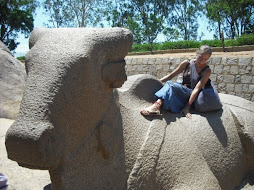
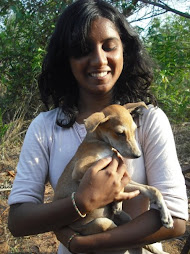
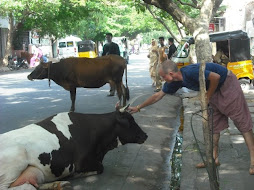



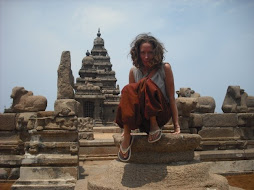
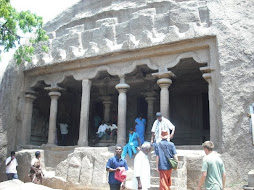


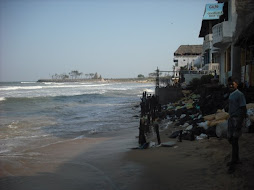


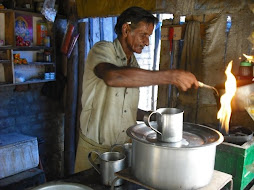
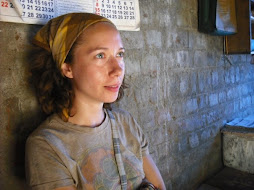
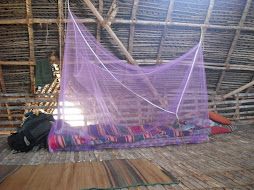

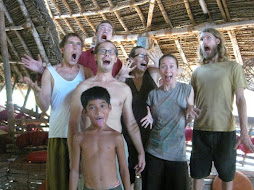
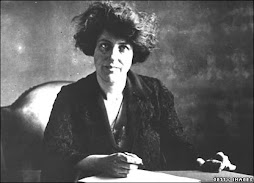
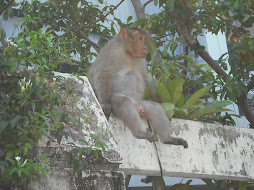

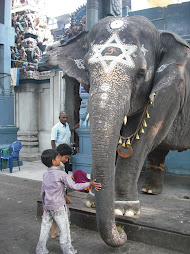
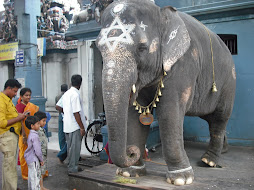

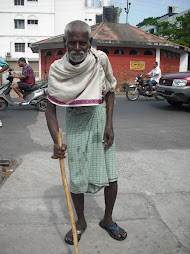
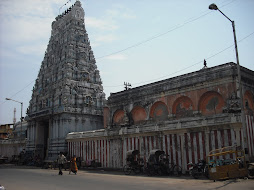

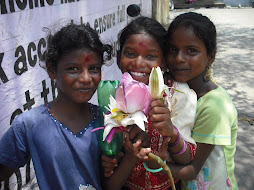
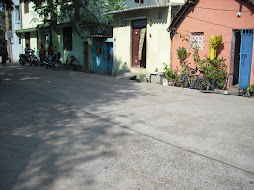




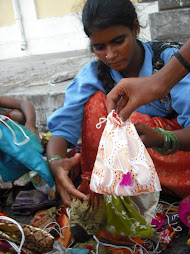

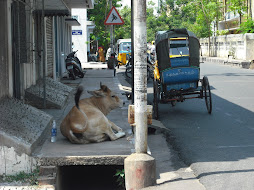
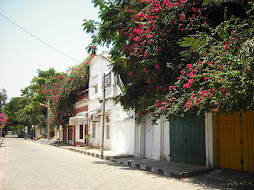


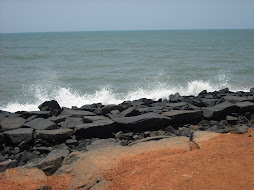

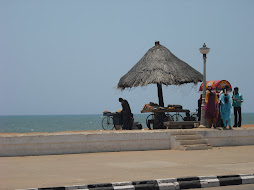
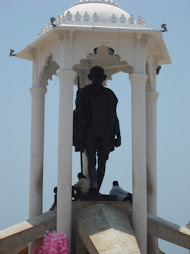




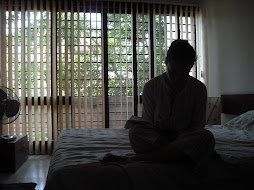











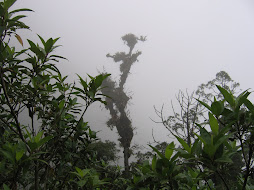
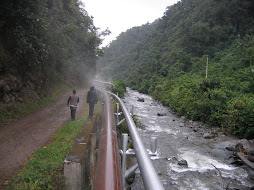
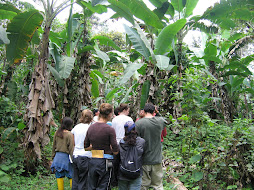













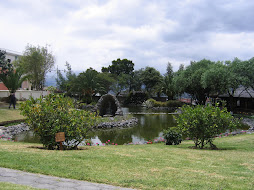


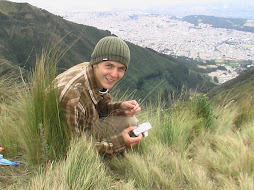


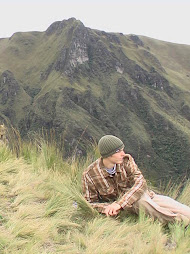
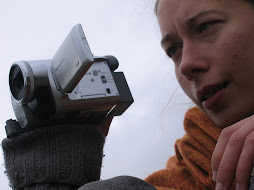





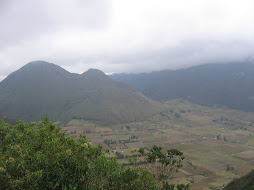















1 comment:
It sounds so amazing there. It is really incredible that you get to experience India in this way. We miss you tons. Be safe
Dana
Post a Comment